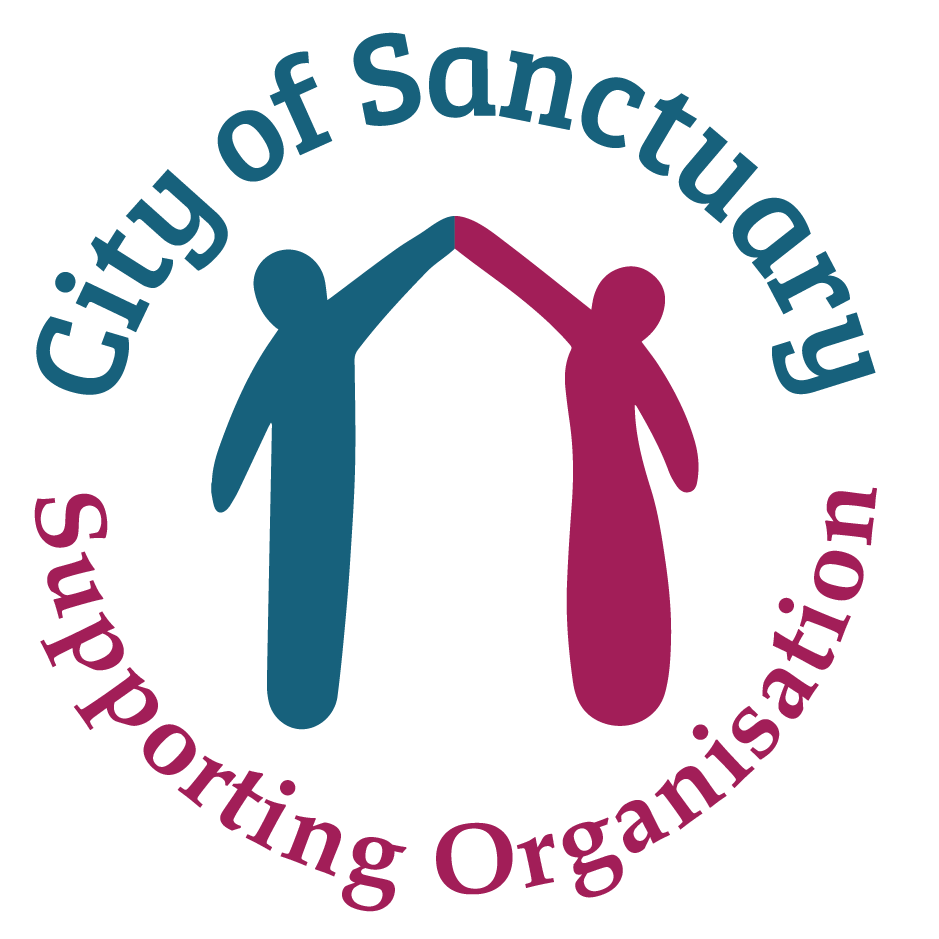“What a child can do today with assistance, she will be able to do by herself tomorrow.”
Lev Vigotsky 1896 – 1934
We feel privileged to be part of the first steps in developing a love of life-long learning in our children’s education at Newcomen Primary School. Through stimulating, engaging and language rich environments, children have the opportunity to become independent and resilient learners. As a school, we base our teaching on Rosenshine’s principles of instruction. Even from our youngest children, learning is most effective with repetition.
At Newcomen Primary School, Early Years begins with Nursery which includes 3 and 4 year-olds and 4 and 5 year-olds in Reception. Children can attend our Nursery on a 15 hour place. The children attend either a morning or an afternoon place. The nursery sessions are 3 hours and the children attend 5 sessions a week.
We work closely with Private, Voluntary and Independent (PVI) settings and childminders and signpost families to these provisions where required.
Early Years Curriculum
The prime areas of learning take priority as the children begin their Nursery education and continue to develop and run throughout Reception through all of the 7 areas of learning. We are passionate in the belief that strong foundations in the prime areas successfully aids the building blocks towards quality teaching and learning in the specific areas.
The 7 areas of learning are at the heart of all that we do at Newcomen Primary Early Years. Our bespoke curriculum ensures that it encompasses all 7 areas of learning. We have carefully selected check points for four different phases throughout the foundation stage journey from entry to Nursery to the end of Reception. This allows practitioners to understand the needs of all individual children and quickly identify gaps in learning. This then informs us on a daily basis as to what interventions are needed to ensure all children achieve age-related expectations and meet their observational checkpoints.
Engaging Environments
The provision within our setting is key to successful Implementation and Impact. All practitioners know their environment well and have a clear vision as to what is set up across the setting and the all-important reasons why. Areas of provision are carefully planned as a team and always with the children’s interests in mind. We believe it is important to involve the children in the planning of some of our areas. When setting up the environments, it is always with a good understanding of where our children are in their journey through the checkpoints and how each and every activity/area will impact the children’s development. Most importantly, it must allow for the development of spoken language.
Early Years Foundation Stage
At Newcomen Primary School, we offer the children a broad appropriate ambitious curriculum which follows The Early Years Foundation Stage Statutory Framework September 2021. This is delivered using the Development Matters in the Early Years Foundation Stage Document September 2020 alongside our own developed and personalised progressive curriculum. This enables the Early Years teachers to incorporate the seven areas of learning and development into a stimulating, creative, cross curricular approach, ensuring breadth and depth.
Prime Areas
| Communication and Language | Personal, Social and Emotional Development | Physical Development |
| Listening, Attention and Understanding | Self-Regulation | Gross Motor Skills |
| Speaking | Managing Self | Fine Motor Skills |
| Building Relationships |
Specific Areas
| Literacy | Maths | Understanding the World | Expressive Arts and Design |
| Comprehension | Number | Past and Present | Creating with Materials |
| Word Reading | Numerical Patterns | People, Culture and Communities | Being Imaginative |
| Writing | The Natural World |
Alongside this, are the Characteristics of Effective Teaching and Learning. These move through the areas, they are:
- Playing and exploring,
- Active learning
- Creating and thinking critically.
At Newcomen Primary School we are committed to underpinning our provision with the four themes of the Early Years Foundation Stage in our Nursery and Reception classes.
- A Unique Child
- Positive Relationships
- Enabling Environments
- Learning and Development
Cultural Capital
Our Early years children are provided with an abundance of opportunities to learn about rights and responsibilities and appreciate what it means to be a member of a diverse society. They are encouraged to develop their sense of self-worth by developing competencies and by playing a positive role in contributing to school life and the wider community. Children will develop an understanding about other cultures, races and backgrounds around the world. At Newcomen, pupils learn routinely about a variety of different current topical issues within PSHE and Relationships Education that are present in our local coastal area of Redcar and around the world.
We take great pride in watching our children preform a 1940’s tea dance every year for their families. It is a wonderful event that is loved by both the children and all that have the pleasure of seeing it take place.
Events like this teach our children how to respect others and understand the need to adapt our behaviour in different situations. Thus promoting future respectful citizens.
We are extremely proud of how our children work so hard and enjoy putting together such a heartwarming event.
The Adults in the Early Years Team
We provide the children with a safe and secure environment where they feel happy. All adults in Early Years quickly form good relationships with all children interacting positively with them and taking time to listen. All practitioners model and support children in forming positive relationships and friendships with one another. All members of staff are knowledgeable in child development and have access to continued professional development to maintain and extend their specialist expertise. The quality of teaching from teachers and support staff is exemplary. Through productive reflection, staff quickly identify the different rates at which the children are developing and adjust practice appropriately with carefully planned interventions to allow for progress for all children. Teaching is highly effective, with skilled practitioners modelling new language and planning sequences of lessons which effectively build on and develop previously learned skills.
British Values in Early Years
Respect
Star of the Day, class rules, school rules, circle time, working relationships.
Culture and beliefs, celebrate Diwali, Chinese New Year, Shrove Tuesday, Mothers Day, Fathers Day, St George’s Day, Bonfire Night, Harvest Festival, Remembrance Day, Christmas Nativity.
We do not shout out. We show respect to each other. We respect the adults. We help each other.
Working with the wider community, Tea Dance, Think Pink Day, visits within the local community including places of worship.
Tolerance
We provide positive relationships.
We promote tolerance of other cultures.
We share and take turns.
We help and support each other.
We wait for our turn when speaking to others.
We listen to others
Individual Liberty
We listen to the views of everyone.
We learn to understand the views of everyone.
We learn to give our own views in a fair way.
We make individual choices about where we work in the class.
Democracy
We are all involved in decision making.
We have a say in our learning environment.
We have a say in where we go and what we do.
We give our parents/carers the opportunity to be involved in our education.
Rule of Law
We understand our Courtesy Code of Conduct written by School Council and children in our school.
We decide the class rules.
We follow the rules to keep us safe in the playground.
We understand the rules to keep us safe during visits.
We show good manners and are polite.





